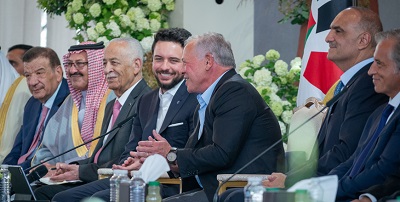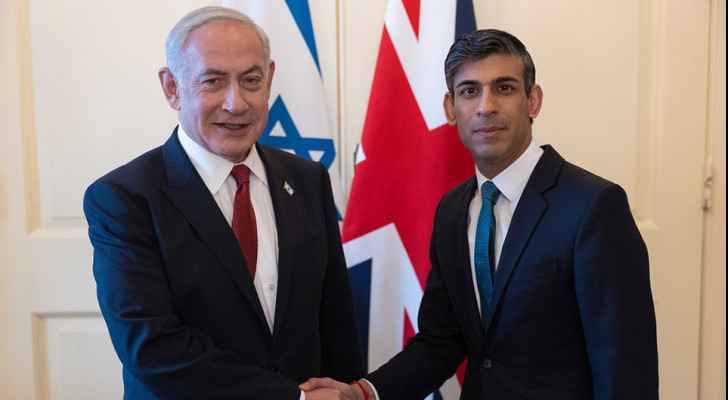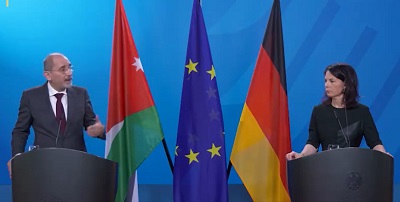Cleaning up the act - By Ali Kassay, The Jordan Times
“Rwanda is so clean! It’s amazing how clean it is.” This is what a friend of mine said when I asked him if he enjoyed his visit to Rwanda.
His words made me sad because they reminded me of the rubbish all over King Hussein Park, where I often go for a walk. There is litter of every description in every corner of the park except in the bins, which the park management thoughtfully placed at 10-15 metre intervals for people to discard their refuse. I became curious to find out why Rwandans have succeeded where Jordanians failed.
Rwanda managed to eliminate littering without enforcing draconian laws, except for a ban on plastic bags, which are confiscated at the point of entry into the country. Cleaning up Rwanda was achieved by reviving the old tribal custom of Umuganda, which means coming together to serve the community.
On the last Saturday of every month, traffic stops, stores are closed and all able-bodied Rwandans, including President Paul Kagame, come out to clean the streets and do whatever is needed to make Rwanda better. People dig drainage ditches, help build schools, clinics and homes for the needy and they work on rehabilitating wetlands and creating highly productive agricultural plots. Anywhere there is a need, there are a hundred, eager helping hands doing their part.
Umuganda’s contribution to Rwanda’s development since 2007 is estimated at more than $60 million.
Umuganda reminded me of the Jordanian tradition of faz’ah. Traditionally, whenever a household needed help, for instance to repair a damaged structure or well, everyone in the village would come together to get the job done. This system of mutual support ensured the community’s cohesion and solidarity. So why have we lost faz’ah?
Whenever I ask a question of this sort, I receive the knee-jerk response that Jordan faces great challenges. Of course we do, but not as big as the challenges which Rwanda faced.
In the last decade of the past century, Rwanda suffered a five-year civil war, which led to the tribal genocide of 1994. An estimated 500,000 – 1 million Rwandans lost their lives in that massacre. The violence depopulated the country, destroyed its infrastructure, crippled economic activity and made it impossible to attract investment.
Yet, in 1996, Rwanda achieved 13 per cent GDP growth, and the consistent economic boom since the early 2000s improved the living standards of many Rwandans. Most remarkably, the economy is not based on exporting raw materials. Since 2010, tourism became the largest sector by economic output and contributed 43.6 per cent of the country's GDP.
This shows, clearly, that where there is a political will, there is a way to make economic recovery.
On a totally unrelated matter, according to Transparency International’s Corruption Perceptions Index 2017, Rwanda ranked 48th out of 180, up two places from 2016 when it ranked 50th. By contrast, Jordan ranked 59th out of 180 in 2017, down two places from its 2016 ranking. Who would have thought this? It seems that good governance pays good dividends.
Latest News
 King from Mafraq: Jordan’s security, sovereignty above all considerations
King from Mafraq: Jordan’s security, sovereignty above all considerations Sunak tells Netanyahu to “allow calm heads to prevail”
Sunak tells Netanyahu to “allow calm heads to prevail” Safadi, Germany’s Baerbock discuss war on Gaza, regional escalation
Safadi, Germany’s Baerbock discuss war on Gaza, regional escalation FM, EU commissioner discuss development cooperation, regional de-escalation
FM, EU commissioner discuss development cooperation, regional de-escalation Jon Stewart unpacks Iran launching missiles at Israel
Jon Stewart unpacks Iran launching missiles at Israel
Most Read Articles
- Senate president, Iraqi president discuss bilateral ties, regional issues
- King from Mafraq: Jordan’s security, sovereignty above all considerations
- Sunak tells Netanyahu to “allow calm heads to prevail”
- JHCO dispatches 75-truck convoy of food aid to Gaza
- Sudanese rue shattered dreams as war enters second year
- UN agency finds unexploded 1,000-pound bombs in Gaza schools
- Egyptian Foreign Minister condemns potential Palestinian displacement as 'war crime'
- Jordan monitors citizens in UAE amid weather concerns
- IMF ups global growth forecast but signals medium-term pessimism
- Making emerging technologies safe for democracy - By Marietje Schaake and Steven Schuurman, The Jordan Times